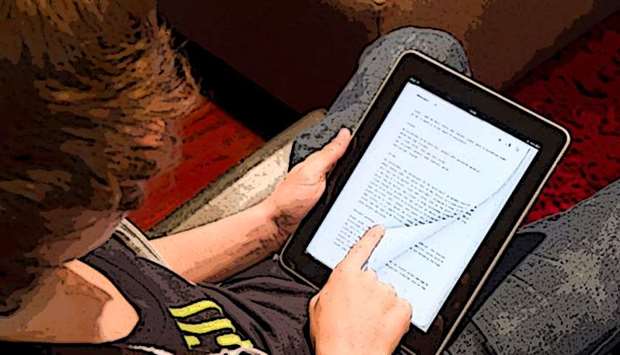Teenagers who spend hours in front of screens are more likely to guzzle fizzy and energy drinks, according to new research.
Just three hours a day of TV raised the risk of exceeding health guidelines for sugar and caffeine intake by up to a third. And each hour of talking on a mobile phone or using social media was also associated with going above both recommended limits.
Being hooked on electronic devices including smartphones, tablets and TVs is directly linked to their consumption of sweetened beverages, warned scientists.
Lead author Dr Katherine Morrison, a pediatrician at McMaster University, Hamilton, Ontario, said: 'There is a trend towards reduced energy drink and soda consumption between 2013 and 2016 which is our latest data.
'But greater electronic device use, particularly TV, is linked to more consumption of added sugar and caffeine among adolescents.'
'Addressing this through counselling or health promotion could potentially help', she added.
Dr Morrison described the findings as a 'concern'. Her team analyzed data on 32,418 schoolchildren aged between 13 and 15 taking part in a health survey across the US.
Both sugar and artificially sweetened drinks are linked to obesity, diabetes, dental cavities and poor sleep, said Dr Morrison.
Too much caffeine, as found in energy drinks, can cause headaches, high blood pressure, nausea, vomiting, diarrhea, chest pain and poor sleep.
The American Academy of Pediatrics and the Canadian Pediatric Society have urged doctors to advise youngsters and families about the risks and not to buy them.
More than three quarters of British teenagers spend more than two hours on screens daily. In the US, teenagers spend an average of nine hours a day looking at screens, according to Pew Research.
The World Health Organization (WHO) and the American Academy of Pediatrics recommend that kids younger than 18 months old spend no time in front of screens, that those between two and five should get just an hour a day ideally alongside adults. (QNA)

